Scholar Spotlight - Augustine Wong
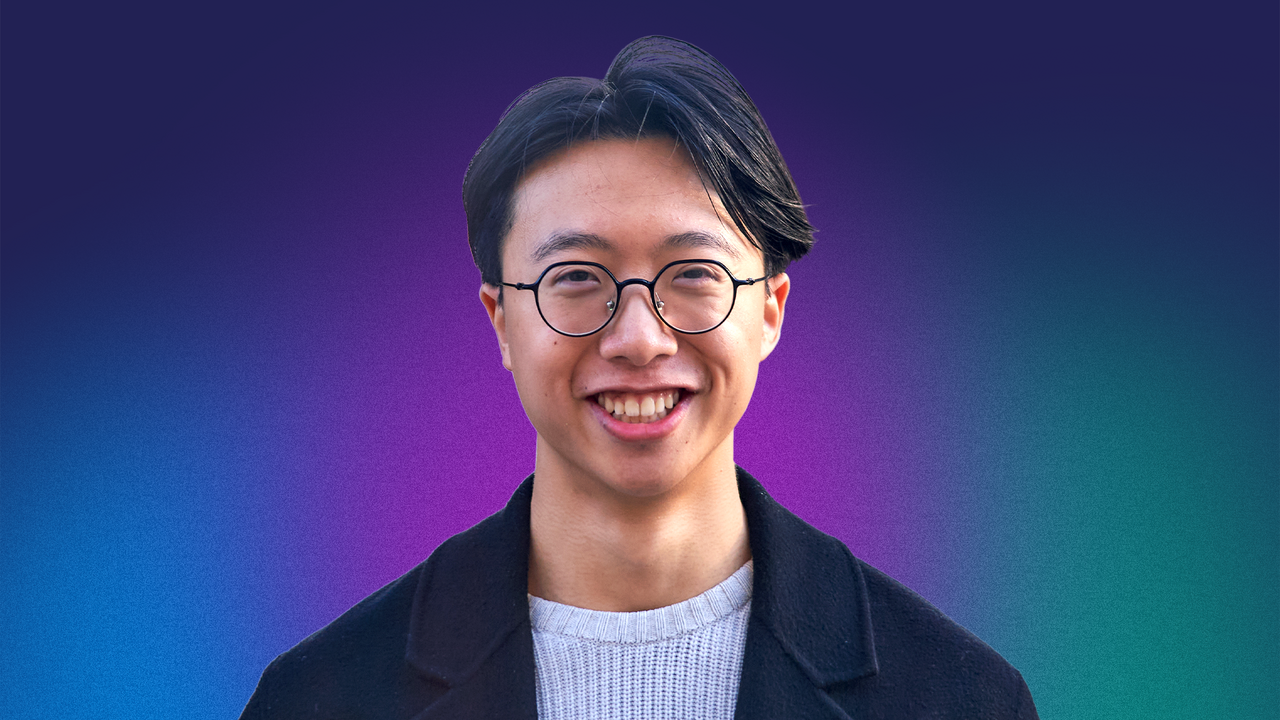
Discover more Scholar Spotlights.
Augustine Wong, a Laidlaw Scholar at the University of Toronto explores how earlier learnings from the evaluation of company town developments can be applied to modern corporate-dominated settlements
Research Title:
Battling Corporate Fiefdoms: How can learnings from the evaluation of company town developments in the nineteenth and twentieth centuries be applied to modern corporate-dominated settlements?
It’s easy to think that corporations are at their mightiest strength when some corporations have an estimated net worth higher than one country, or several countries - combined… Yet this has happened time, and time again, in the 15th and 19th century. While the British East India Company was able to overthrow and occupy the Mughal Empire with a private army and subsequently rule with a de facto legal administration, the Company was run in a London-based office of no more than 30 bureaucrats. In the 19th century, captains of industry set up company towns: urban settlements controlled by a single company by employing or importing the majority of a town’s population to work, sleep, and live in a single town. Some were debt-traps, but most company towns were advertised as urban visions of paternal goodwill and high contemporary living standards.
This raised my research question: Could corporations possess more power than nation-states in favourable economic conditions and spatial environments? And when they did, were their seemingly enlightened treatment of workers fair and generous, or provided through necessity and threat of legal punishment?
My paper studied four case studies of company towns that employ population majorities to compare and contrast historical precedents to recommend spatial interventions. For this research, I travelled across America: from Pullman in Chicago, centre of the 1894 Pullman strike; to San Bernardino in California, where Amazon employs a significant share of the city’s population under back-breaking, if not Herculean, working conditions. I took photos, made drawings, and understood ground situations much more clearly than I would have absorbed from Google Maps. Apart from legal restrictions, companies haven’t changed much: most large corporations are still ignorant of the implications of their involvement in disingenuous urban development and initiatives which allow both white and blue-collar employees to be exploited without proper financial compensation. The research affirmed current suggestions of creating more transparent working and pay-level environments, which allow unions to form without undue harassment and can ensure stronger working protections in the future, plus potential spatial interventions on a human level.
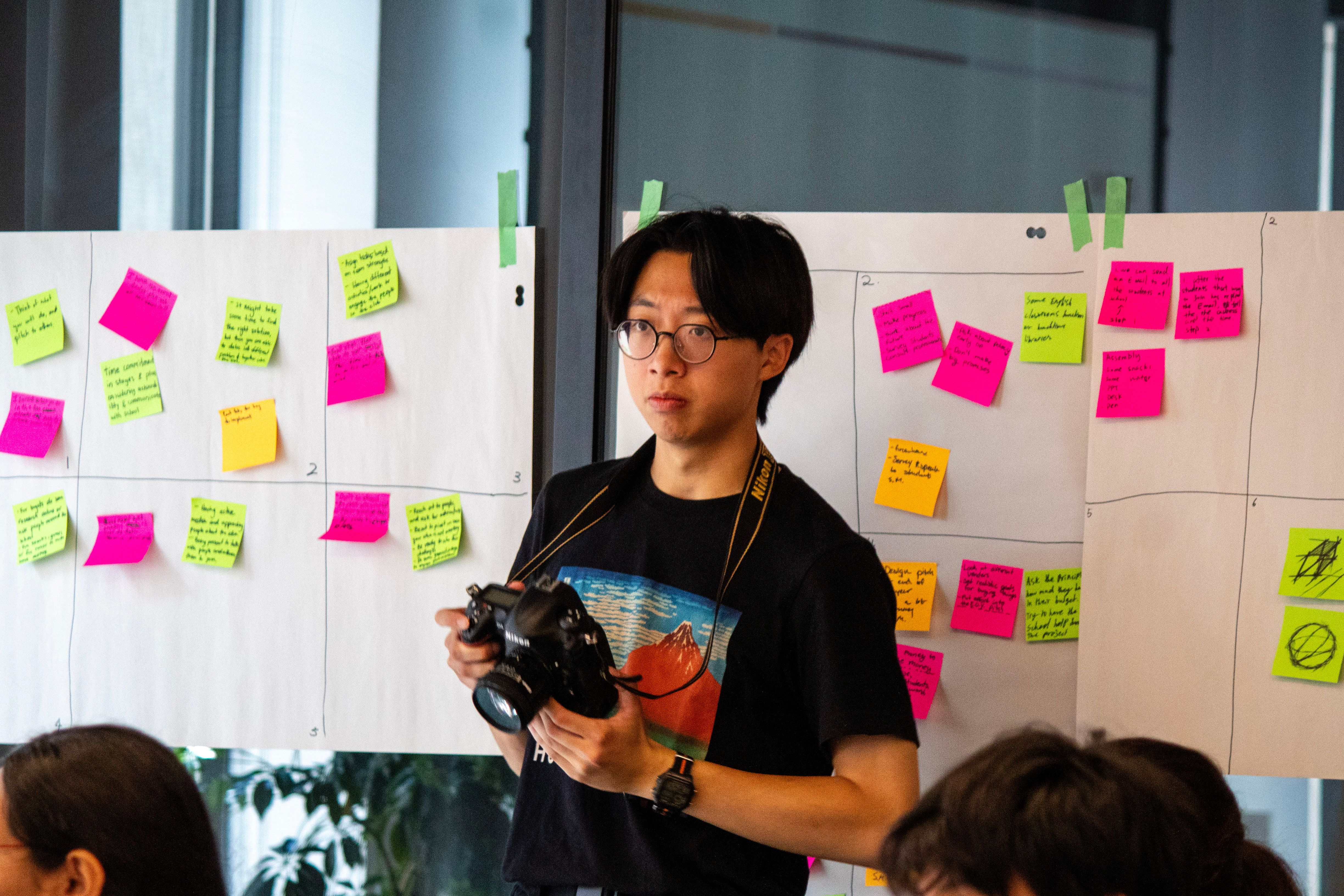
Me looking unusually concerned for no apparent reason while taking photos at the 1UP Leaders Lab, a two-day youth conference
Where did your passion for this research originate?
My inspiration for this topic personally came from the profound impact that my upbringing as a science fiction nerd with Catholic values had on me. On one hand, growing up, deeply personal experiences made me question: what incentivises people to be nice, if not at opportunity cost with no return? As Catholics, we are taught to treat others in need, and expect nothing in return. How do the benefits of altruism manifest, and to what extent is altruism innocuous? What incentivised the 19th century elites, from John D. Rockefeller to Andrew Carnegie, to become heavy philanthropists — on levels that today’s wealthiest leaders have yet to parallel in quantity and living memory? And in today’s extreme wealth inequality, can we sustain the same, if not even higher, levels of contribution back to the social good?
Simultaneously, the itch of corporate altruism was a fascinating subject that rose back into the surface of my mind while reading cyberpunk fiction, including Philip Dick (Do Androids Dream of Electric Sheep?), Neal Stephenson (Snow Crash), and William Gibson (Neuromancer). Gibson, for his ironic interpolative interpretations of future corporations overtaking the prominence of nation-states following a nuclear war, envisioned corporations as warring factions, using hostile coercion and violence in corporate transfers and IP theft; as well as cross-pollinating Japanese notions of corporate fealty to ultimately portray corporations as feudal kingdoms. This inspired me to question: Just what is it that makes today’s companies so different, so appealing? In the 2000s and 2010s, Silicon Valley startups were known for their quirky work culture beyond having just an office. They offered snacks, yoga workouts, sleeping pods and more. Combined with my prejudice towards total altruism, I wondered if employees were able to thrive in environments that transcended typical productive spaces. These two factors were the driving catalysts behind my research.
What is the most memorable moment from your Laidlaw scholarship experience so far?
This is really hard. I would say it’s either going to New York for the Laidlaw Conference hosted by Columbia 2024 and Barnard College this year - or nearly getting stranded in Chicago during my travels abroad! New York City was an amazing experience, and it was a great privilege to meet so many socially-minded and talented individuals in the same place — and especially share about their own research which was so fascinating to learn about!
That being said, I nearly got stranded in Chicago. My first flight out to LA was cancelled due to technical problems with the plane, and I missed the opportunity to catch another connecting flight through Denver - meaning that I didn’t have a flight for the next 24 hours. Staying in a small hotel, I returned to the airport - only to find that another flight I had scheduled connecting from San Francisco to San Bernardino had delayed, meaning I would also miss my flight! Thankfully, I managed to resolve it by contacting my travel agent for another flight to LAX - but this was my worst travel experience so far, 3/10.
What is the biggest challenge you came across in your research and leadership journeys so far, and what did you learn from it?
Communication is so important to leadership, and this couldn’t have been a more valuable lesson while working with Urban Minds. While I loved the team’s mission, the fact that it was a small organisation being run virtually entirely through online networks meant that everybody worked part time, on their own time. This was difficult for me to get proper communication channels going, and to build steady informal rapport with team members as I usually would in a physical environment. I had to work extra hard to be proactive in communications, following up with tasks while working with others, and be transparent in my own actions to avoid information siloing.
What does it mean for you to be a Laidlaw Scholar?
To be a Laidlaw Scholar is to have the tools and resources at my disposal to achieve goals that I could not typically achieve on my own. To have these tools at my disposal represents a path of progress starting from the potential that people saw in me, from my research advisor, to the Laidlaw programme coordinators at the University of Toronto, and acceptance among my peers. To be a Laidlaw Scholar is an affirmation of my self-worth and potential to be more than just a scholar.
Which particular leaders inspire you the most and why?
US President John F. Kennedy speaks to me as a visionary that not only navigated a dangerous era of international diplomacy with tact during the Cuban Missile Crisis, but sent a message of hope beyond Americans, to people across the world for international collaboration. During his short but memorable time as president, JFK’s decision to commit the US to the space race set the US on a path that resulted in an explosion of space exploration, in which major world powers including but not limited to China, Russia, and India, have been able to collaborate on in spite of political tensions that continue to beleaguer relationships on the ground. The collaboration between superpowers in space inspires me as a message of hope towards achieving goals larger than political interests. His actions and personal qualities as a leader serve as a role model I hope to emulate through my own actions and words.
Briefly describe a scene from the future you are striving to create.
The year is 2054. We’ve been too late to stop the global average temperature from rising three degrees Celsius and killing a good portion of living beings on the planet, but we have made major changes to our lifestyles in efforts to put the planet before ourselves, finding new ways to proportionally leverage voices that are negatively affected by poor policies. We do not live apart, but together in communities that support neighbours in terms of physical and mental resources designed to serve, and last for generations to come. We may have been battered by a storm of our own making, but the worst has come to pass. With sensible and sustainability-oriented philosophies at the helm, it is time to restore and appreciate the wonders of our planet.
Quick-fire Questions
📺 Currently Binging:
📚 My top book recommendation:
Blood Meridian by Cormac McCarthy
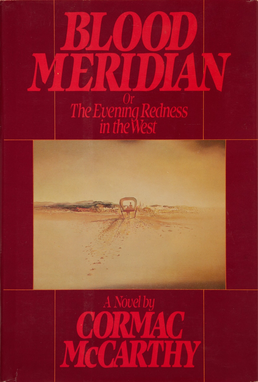
🎶 My anthem:
NO SLEEP TILL BROOKLYN - Beastie Boys
-
🎶 Current Album Obsession:
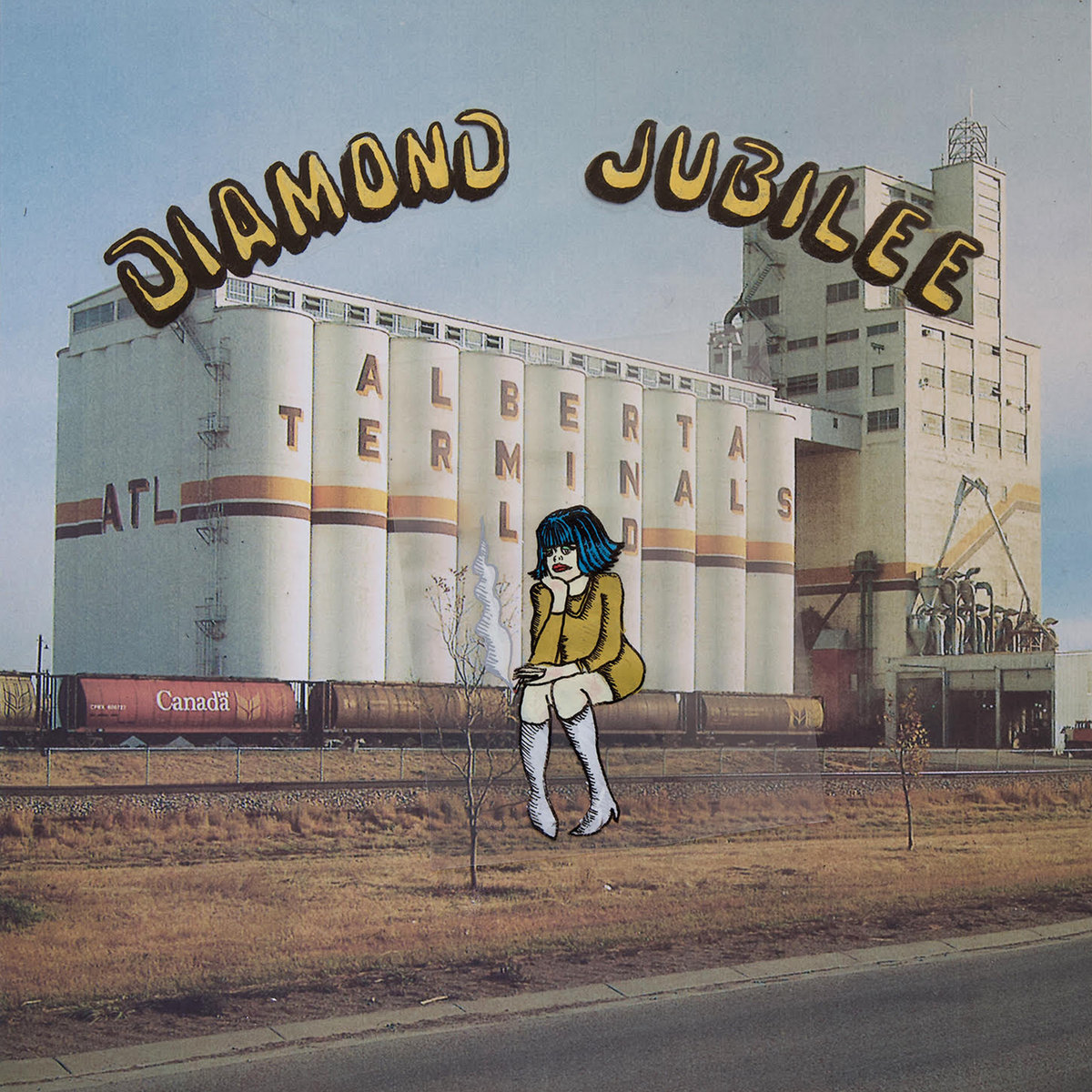
🌈 Something that made me feel joy recently:
Waking up after a long night’s sleep.
I’m currently an editor for Scaffold* Journal - an academic journal based out of the Daniels Faculty of Architecture, Landscape & Design at the University of Toronto! We have currently released our first issue, compiling over 20 authors’ progress and development in architecture and documenting their end process. Instagram: @scaffoldjournal
Consider following my Instagram for photos and architecture work: @auggyfilm
If you want to learn more about Augustine's work, explore his research here and follow him on LinkedIn. Augustine Wong is a Laidlaw Undergraduate Leadership and Research Scholar at the University of Toronto. Become a Laidlaw Scholar to conduct a research project of your choice, develop your leadership skills, and join a global community of changemakers from world-leading universities.
Find out more about the Laidlaw Scholars Undergraduate Leadership and Research Programme.
🔦 Discover more Scholar Spotlights:
⚡️ Anuj (AJ) Manchanda, a Laidlaw Scholar at the University of Toronto, delves into how Environmental CSR initiatives shape consumer choices.
⚡️ Sebastian Glasper, a Laidlaw Scholar at the University of Leeds, explores social media’s role in mitigating loneliness among older adults.
⚡️ Sophia Waseem Khan, a Laidlaw Scholar at Durham University, champions sustainable agriculture through innovative ion recovery.
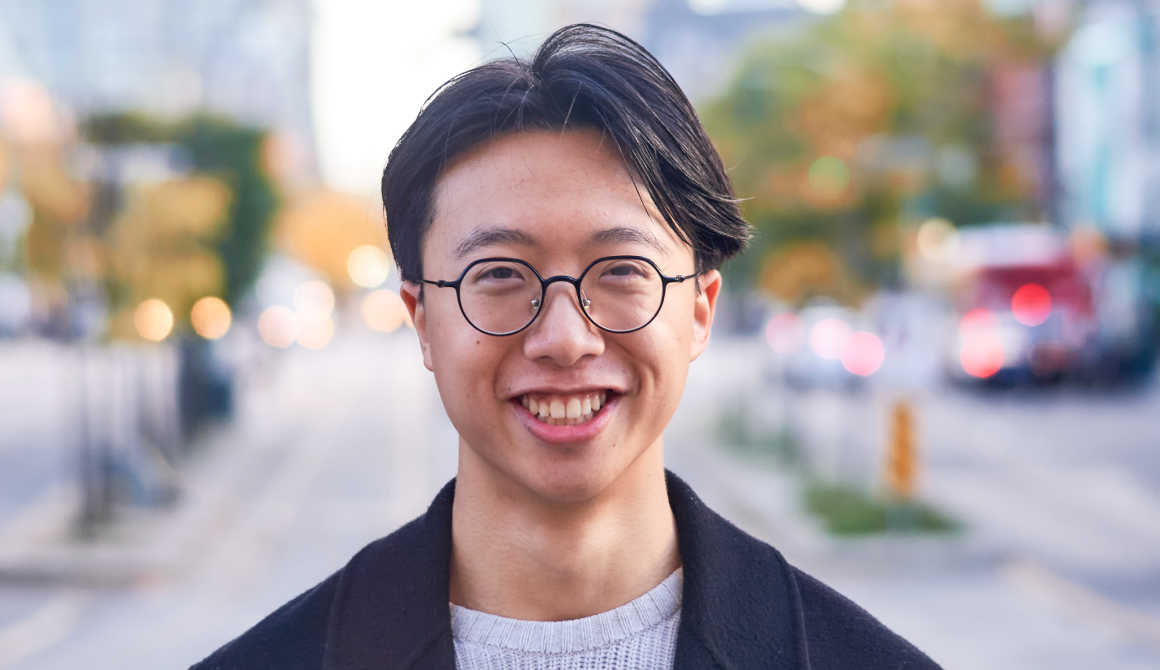
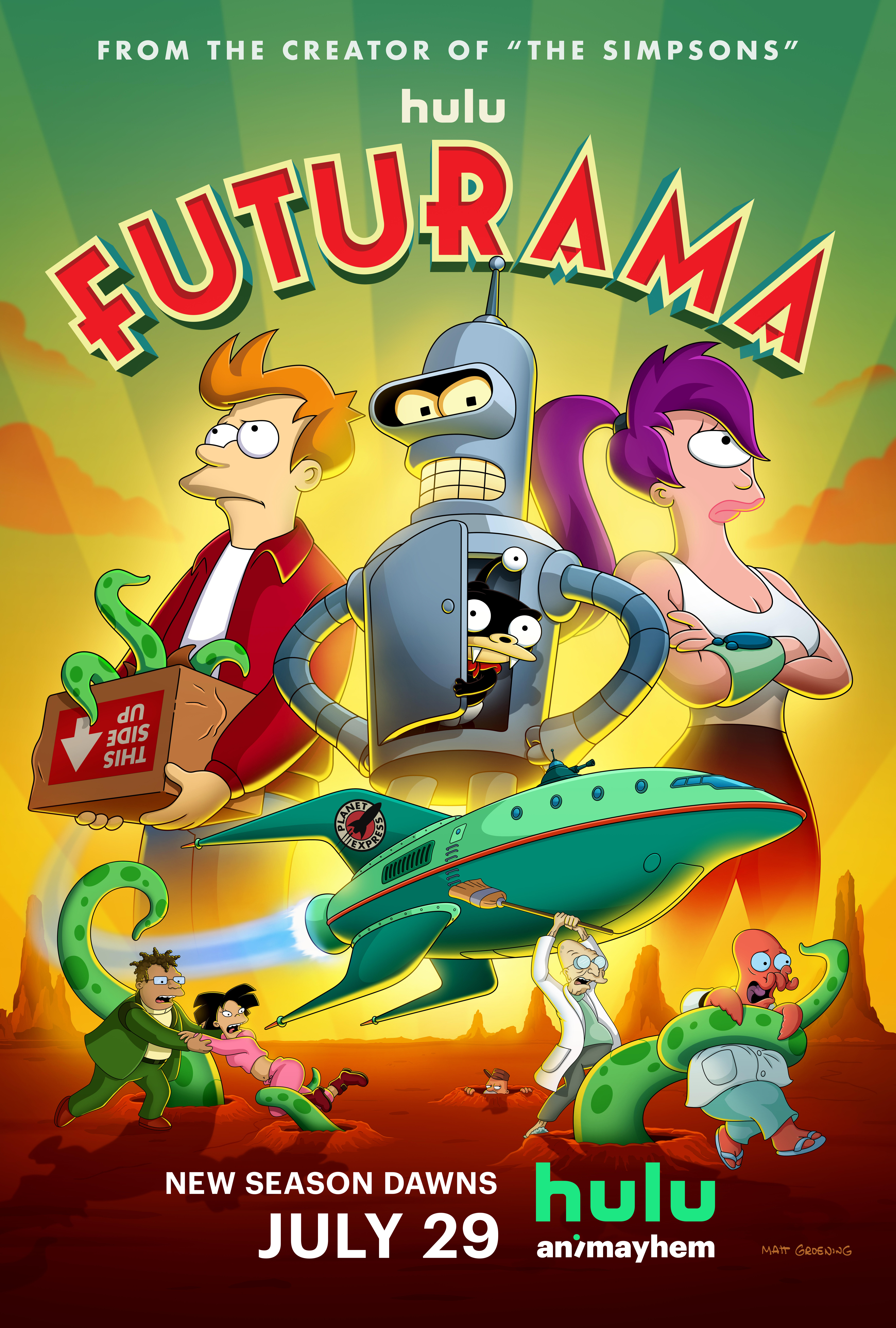
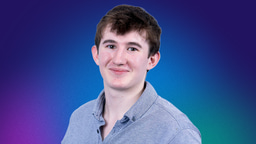

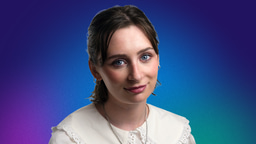

Please sign in
If you are a registered user on Laidlaw Scholars Network, please sign in